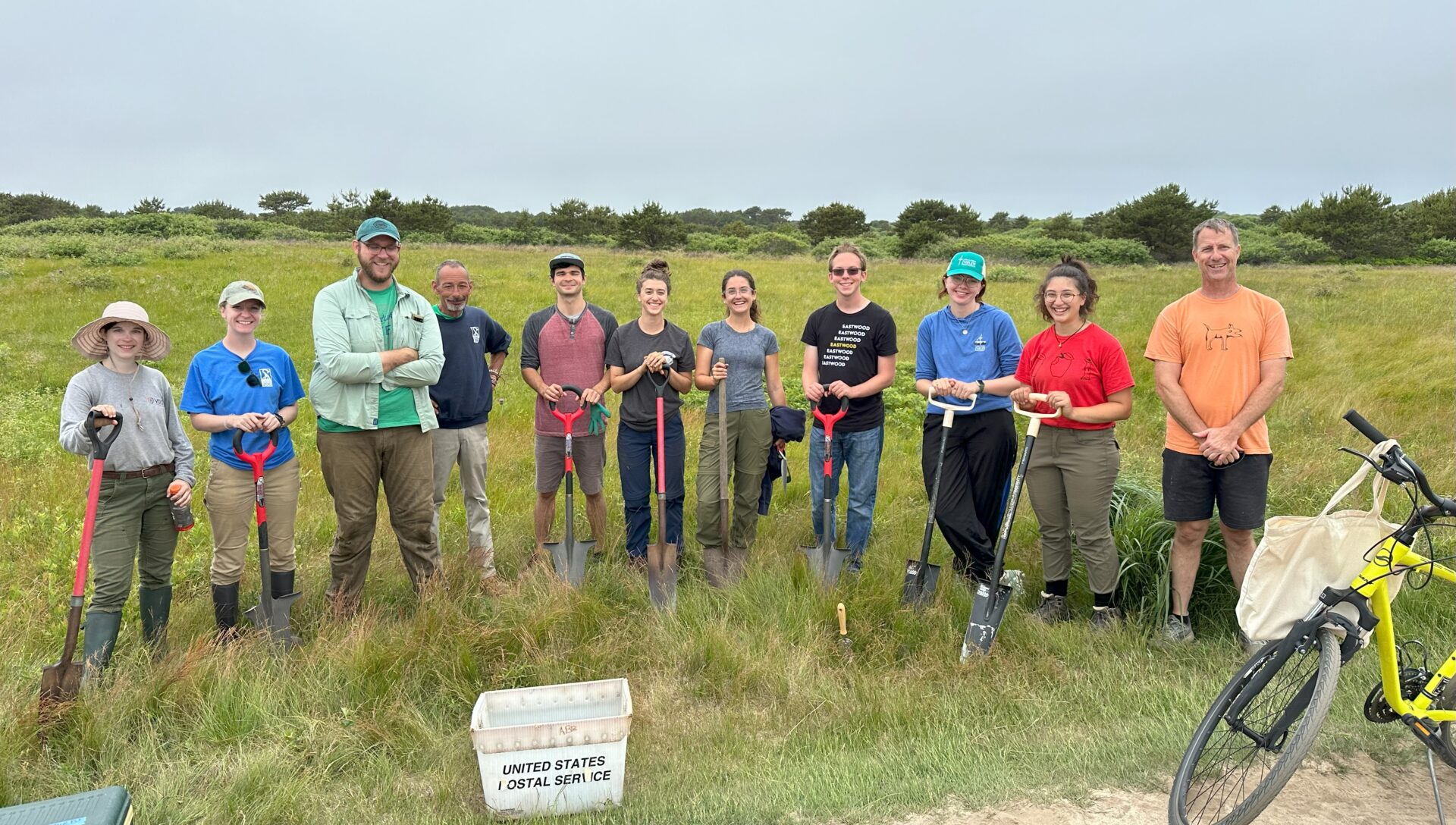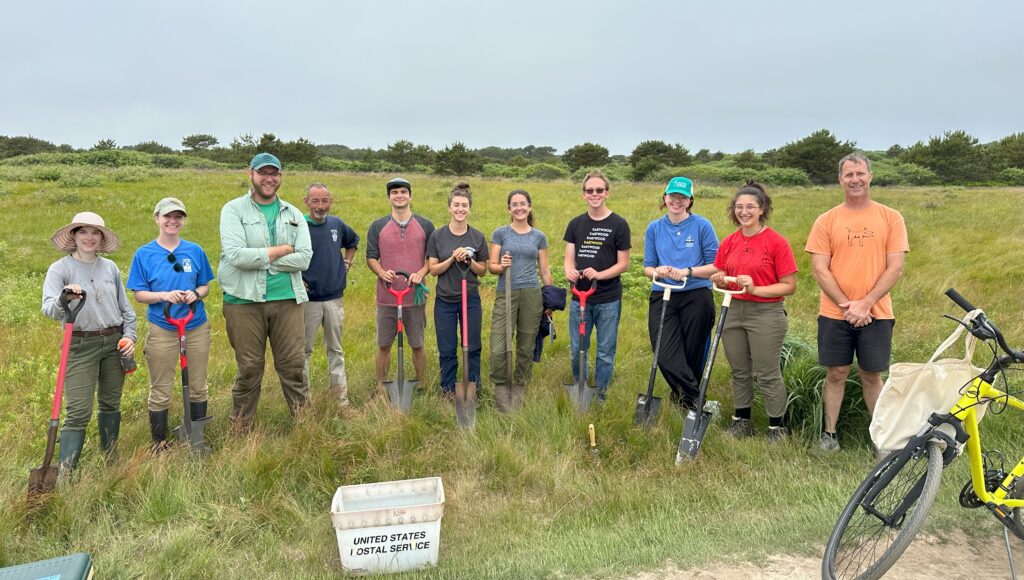American Burying Beetle Recovery Program Sees Major Success on Nantucket Island


Providence, RI (July 23, 2024) The Roger Williams Park Zoo (RWPZ) is thrilled to announce significant progress in the American Burying Beetle Recovery Program. Hundreds of beetles were reintroduced this past year to Nantucket Island, and early signs indicate a thriving wild population.
Reintroduction Efforts Lead to Success
400 Beetles Released: RWPZ successfully bred 300 American burying beetles, and SUNY Cobleskill contributed an additional 100. All 400 beetles were released on Nantucket Island in late June.
Wild Population Thriving: Monitoring efforts on Nantucket yielded impressive results. Researchers found 36 wild beetles – a threefold increase from 2023 – signifying a healthy wild population.
Successful Breeding: A recent assessment found 547 larvae at 30% of the release sites, indicating an estimated total of 1,751 larvae across the entire area; this marks a significant step forward for the program.
Collaborative Efforts Make a Difference
This achievement is a testament to the dedication of partners like the U.S. Fish and Wildlife Service (USFWS), Nantucket Conservation Foundation, and the Nature Conservancy, Block Island Office for supplying the breeding program with the original 10 pairs of wild founders from the Block Island Population. The program also extends its deepest gratitude to the many volunteers who provided invaluable support, including those from the Nantucket Land Bank, the Maria Mitchell Association, and the Linda Loring Nature Foundation.
The Importance of the American Burying Beetle
These collaborative efforts are making a real difference for the American burying beetle, a federally protected, critically endangered species. When a species is lost, the fragile balance of a habitat is disrupted, sometimes permanently. The American burying beetle, like all species, has an important role in the ecosystem.
Known as nature’s most efficient and fascinating recyclers, these burying beetles are important scavengers that recycle decaying animals back into the ecosystem. These nutrients stimulate foliage’s growth. By removing carcasses from the ecosystem, the American burying beetle also helps keep fly and ant numbers from reaching epidemic proportions. This beetle and other invertebrate species act as “indicator species,” alerting scientists about the health of the environment. If this insect cannot survive, it is a sign that the habitat has changed in an unhealthy way.
Roger Williams Park Zoo is Rhode Island’s number one outdoor family and tourist attraction and a leader in conservation efforts undertaken by a zoo of its size. As leaders in conservation and animal care – we create engaging experiences that empower guests to join us in conserving wildlife and wild places. Roger Williams Park Zoo is supported and managed by the Rhode Island Zoological Society and is owned by the City of Providence.

